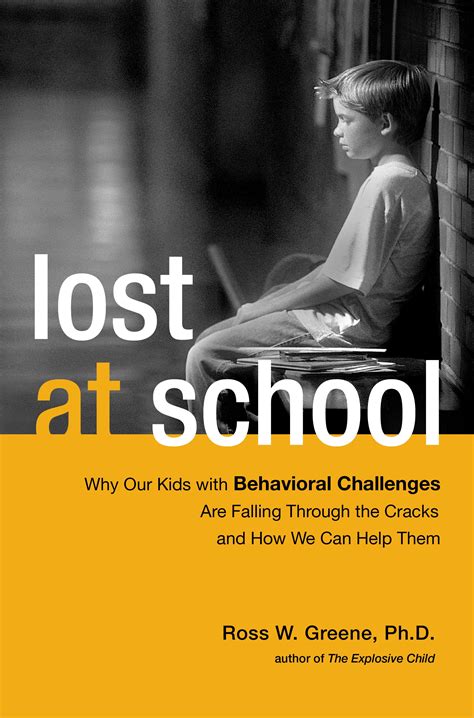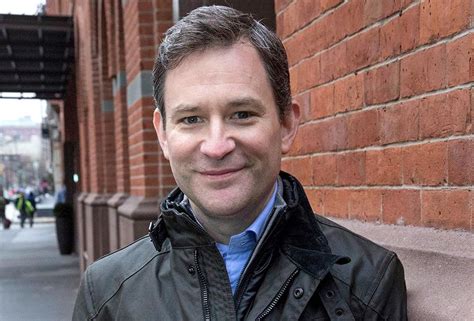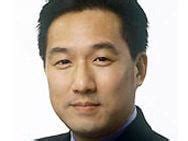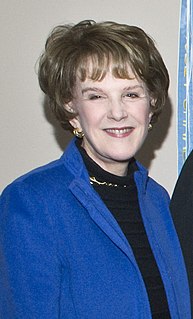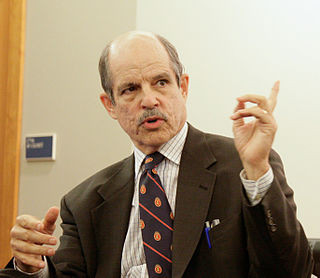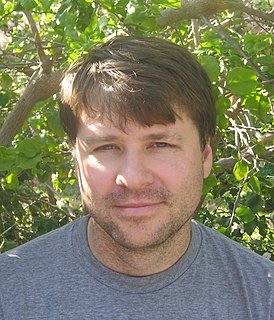A Quote by John Donvan
Autism is defined by looking at behaviors. And everybody looks at behaviors differently.
Related Quotes
Autism reaches out in many different directions. It can be associated with language delays. It can be associated with epilepsy. It can be associated with some degree of intellectual disability, but the two core features of autism, I see, is impairments and social cognition, understanding and in restricted interests and repetitive behaviors.
Beliefs create behaviors, and the dysfunctional behaviors of the human race, observable everywhere every day, are the product of our non-workable beliefs. Chief among these is the belief in separation, which has arisen out of our ancient Separation Theologies. This is a way of looking at God that insists that we are "over here" and God is "over there."
Within childhood behaviors, there are known behaviors; there's teasing and there's name-calling, and different kinds of things happen as kids start to socialize. And then there's serious bullying, and then there's actual aggression and behavioral problems. But you can't put it all under the tent of bullying.
Our physiological constitution is obviously a product of Darwinian processes, insofar as you buy the evolutional theory as a generative, as an account of the mechanism that generated us. Our physiology evolved, our behaviors evolved, and our accounts of those behaviors, both successful and unsuccessful, evolved.

